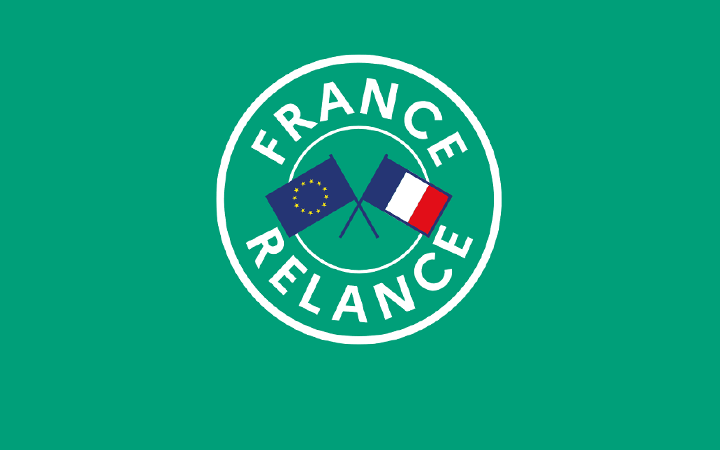Launch of the French recovery plan
On September 3, the Government presented a €100 billion plan to support economic activity and job creation.The recovery plan is designed to sustain the growth potential of the French economy. It will support French companies and industries’ competitiveness and invest in technologies to maintain France among the most competitive and innovative countries. It will also pave the way for the French economy of 2030, which will be greener given the emergency to speed up the ecological transition.
The objective of the French recovery plan is to transform the economy by investing primarily on the most innovative sectors and ensuring that France can restore, as soon as 2022, the level of economic activity of 2019.
The €100 billion recovery relies on three pillars : green transition, competitiveness and social and territorial cohesion.
Green transition
€30 billion will be allocated to the green transition, for investments in energy performance renovations for buildings, in “green” infrastructure and mobility, to reduce the carbon-intensity of manufacturing processes, and in the development of new green technologies (hydrogen, biofuels, recycling).
The objective is to accelerate the green transition of the French economy, so that it becomes more sustainable and more respectful of our natural resources, while achieving carbon neutrality by 2050.
Competitiveness
The recovery plan will support investments that will make the French economy more competitive. It will support the development of high added value activities in France and job creation. €34 billion will be allocated for boosting France’s competitiveness and economic resilience, including substantial cuts in production taxes, support for equity capital funding for businesses, investment in industrial innovation, support for exports and bolstering French industrial resilience and independence through measures to secure critical stocks and support for productive investment in France.
Social and territorial cohesion
The recovery plan includes a social and territorial measures that will prevent the increase of inequalities linked to the economic impact of the crisis. €36 billion will go towards supporting skills and social and territorial cohesion. Investing in skills safeguards employment (prolonged short-time working scheme), helps vulnerable groups, especially young people, become more employable through apprenticeship, vocational training and recruitment incentives, and boosts productivity (investment in skills needed in the future). Moreover, the recovery plan must strengthen both social cohesion (support for the purchasing power of the poorest households) and territorial cohesion (digital inclusion, recovery plan of the Banque des Territoires, and revitalising shops in urban centres).
+ Read the French Recovery Plan >>
+ Read the Communication from the Cabinet Meeting of September 3, 2020 >>
The measures of the recovery plan will be implemented gradually until 2022. However, some measures have already been adopted under the amended budget law for 2020. Most of the other measures will be included in the budget law of 2021 which will be submitted to the Parliament for review in October 2020 and voted on by the end of the year.
